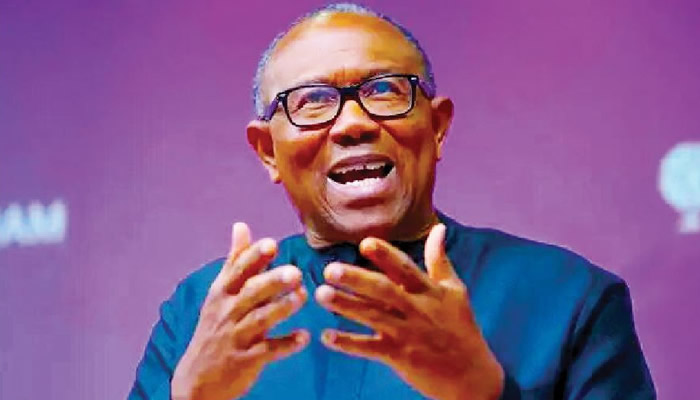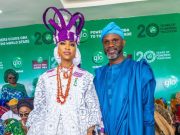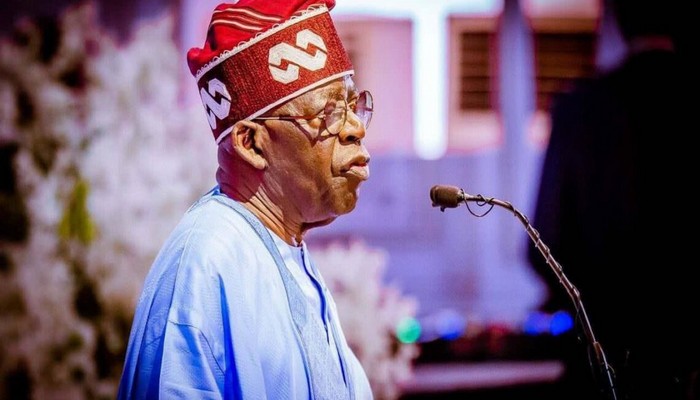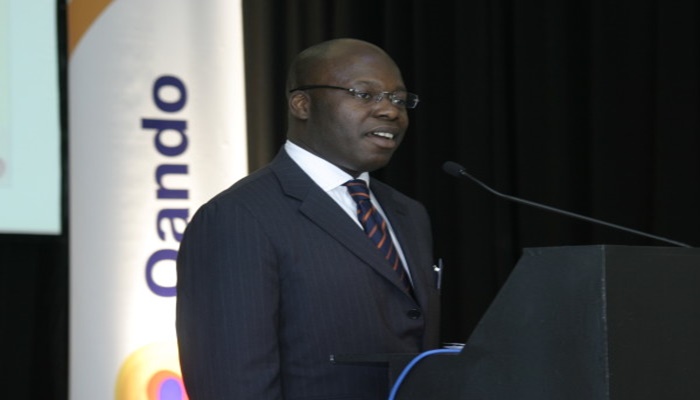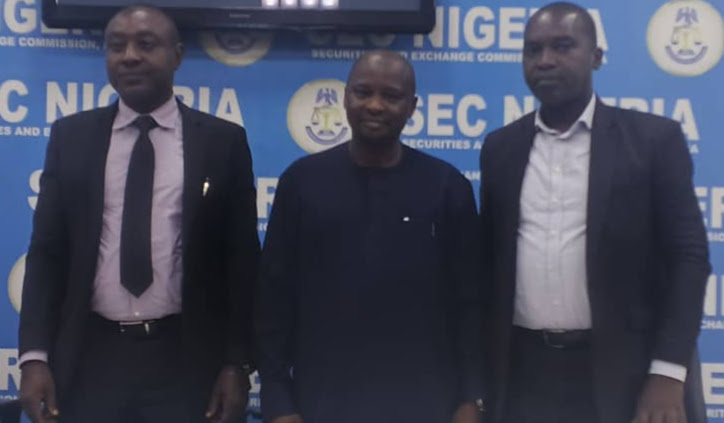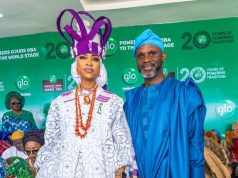The Federal Government has commenced discussions with the Board of the African Development Bank (AfDB) for the second tranche of the $1 billion loan approved for the country in 2016.
At the official opening of the Banks’ new Nigerian Country Department Building in Abuja on Thursday, Vice President Yemi Osinbajo said the first tranche of the loan (about $600 million) had been disbursed and fully utilised.
The Minister of Finance, Mrs Kemi Adeosun, who also spoke at the event, acknowledged the impact of the loan meant to support Nigeria’s 2016 budget adjust the economy from its negative fiscal growth.
Adeosun said the AfDB provided the loan at the time of recession when Nigeria was expected to seek financial bailout from the International Monetary Fund (IMF) and other international financial institutions.
According to her, “The loan was catalytic to the country’s reversal of a consistent trend of negative growth. It provided a lifeline as we struggled with the 2015/2016 economic recession. It gave the country’s foreign reserves the much-needed boost to stabilise the Naira”.
AfDB President, Dr. Akinwumi Adesina, who spoke at the post-commissioning media briefing, later confirmed discussions have commenced with Nigeria to access the remaining $400 million of the loan.
Adesina said the bank was ready to approve the request for the remaining loan following government’s acknowledgement that the facility provided the required support and buoyancy that lifted Nigeria out of recession.
“We had disbursed $600 million. But, the remaining $400 million is for Nigeria to request. It does not have to use it for budget support if it does not need to. Things have changed.
“The issue now is not as serious as the deficit in the economy. So, the discussion now is how to take the $400 million and transform into sector support for critical infrastructure, power, agriculture, to create jobs for the people,” the AfDB President said.
Adesina also said the strategic direction of the Bank in 2018 would be on investments in critical infrastructures, considering the huge deficit in the sector.
“Africa requires a minimum of $108 billion of consistent investment over the next 10 years to close the infrastructure deficit gap,” he said.
The AfDB President said interventions in the power sector covers electricity generation, transmission and distribution aimed at creating the environment for the economy to be competitive.
Apart from about $250 million to be invested in the Transmission Company of Nigeria, TCN to rehabilitate existing infrastructure and establish its sub-stations, he said solar power projects would be executed under its renewable energy schemes in Jigawa, Bauchi and Sokoto States.
Besides, he said staple crop processing zones would be developed to allow basic infrastructure in power, water, and roads be linked to agricultural business locations with the markets.
He said the establishment of the zones aligns with Nigeria’s economic diversification process, to create jobs for the youth and reduce dependency on food imports.
The ‘Jobs for Africa’s youth’ initiative, he said, would help countries create about 25 million jobs in the next 10 years.
Apart from public sector interventions, Adesina said private sector investments would cover seed companies, fertiliser plants as well as provide commercial lines of credit to small and medium enterprises, SMEs.
“The greatest concern the AfDB has is not only in Nigeria, but across Africa. As we grow, we still have roughly 70 per cent of our population in the rural areas in poverty traps, because the source of their livelihood is agriculture.
“Until the agricultural sector is made to become a wealth creation sector, we will not succeed in lifting hundreds of millions of people out of poverty. The way forward is to reduce the large number of poor people by transforming our rural economies from being sources of economic misery to prosperity,” he said.
For the rural areas to be transformed, he said agricultural industrialisation was the fastest way to lift people out of poverty.
He said some of the private sector investments include $300 million in Dangote Refineries; $100 million as part of a $1.2 billion syndicated financing to boost Indorama Eleme fertiliser company production capacity, and over $134 million in OLAMs Nigeria.
Another $263 million was invested in the North-east to provide access to water, sanitation, basic healthcare services, jobs, repair of infrastructure as well as $85 million support to the Lekki Concession Company for the construction of Lekki-Epe expressway.
The support to the financial sector included a $1.8 billion in lines of credit to Access Bank, Fidelity Bank, Stanbic IBTC, First Bank, WEMA Bank, Zenith Bank, GT Bank and the Bank of Industry and Nigerian Export-Import, NEXIM, Bank.


